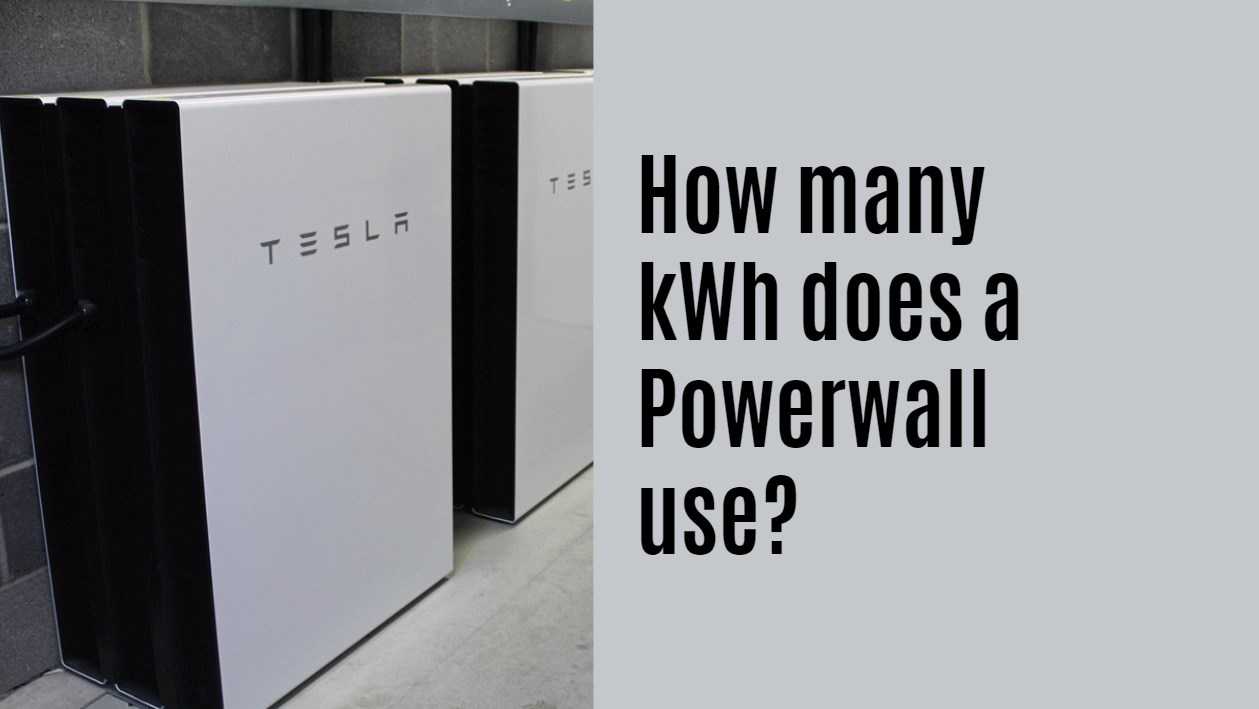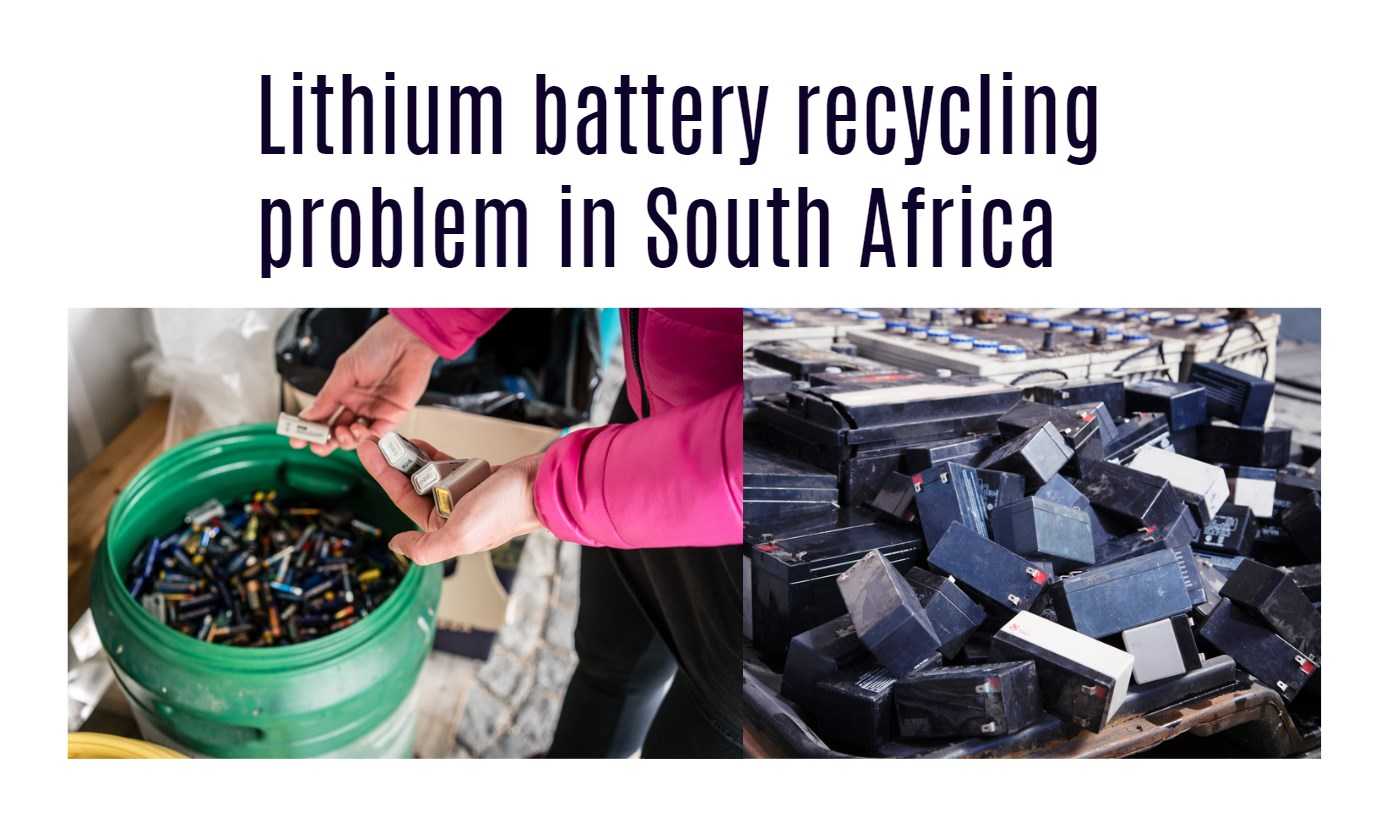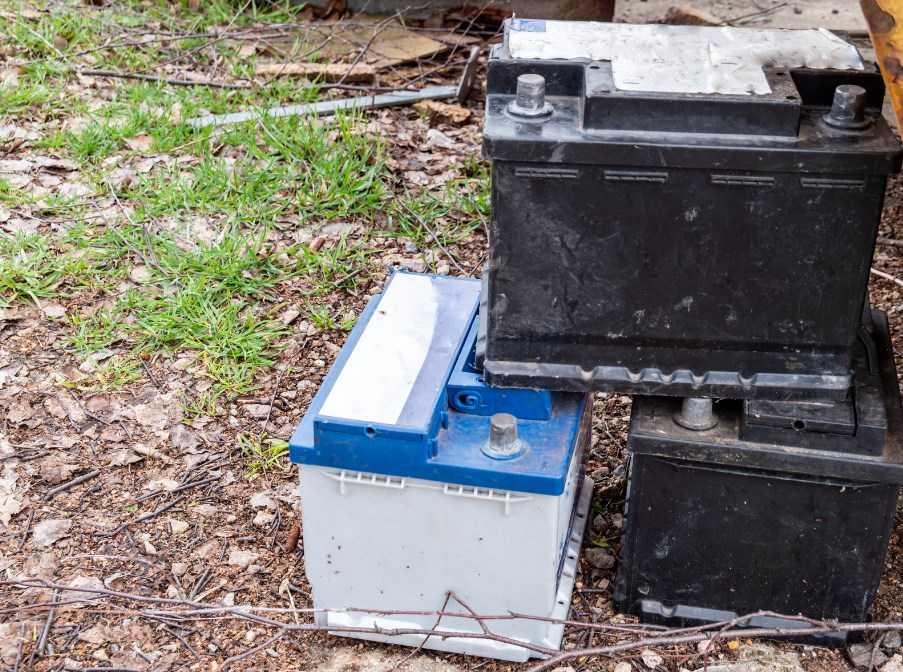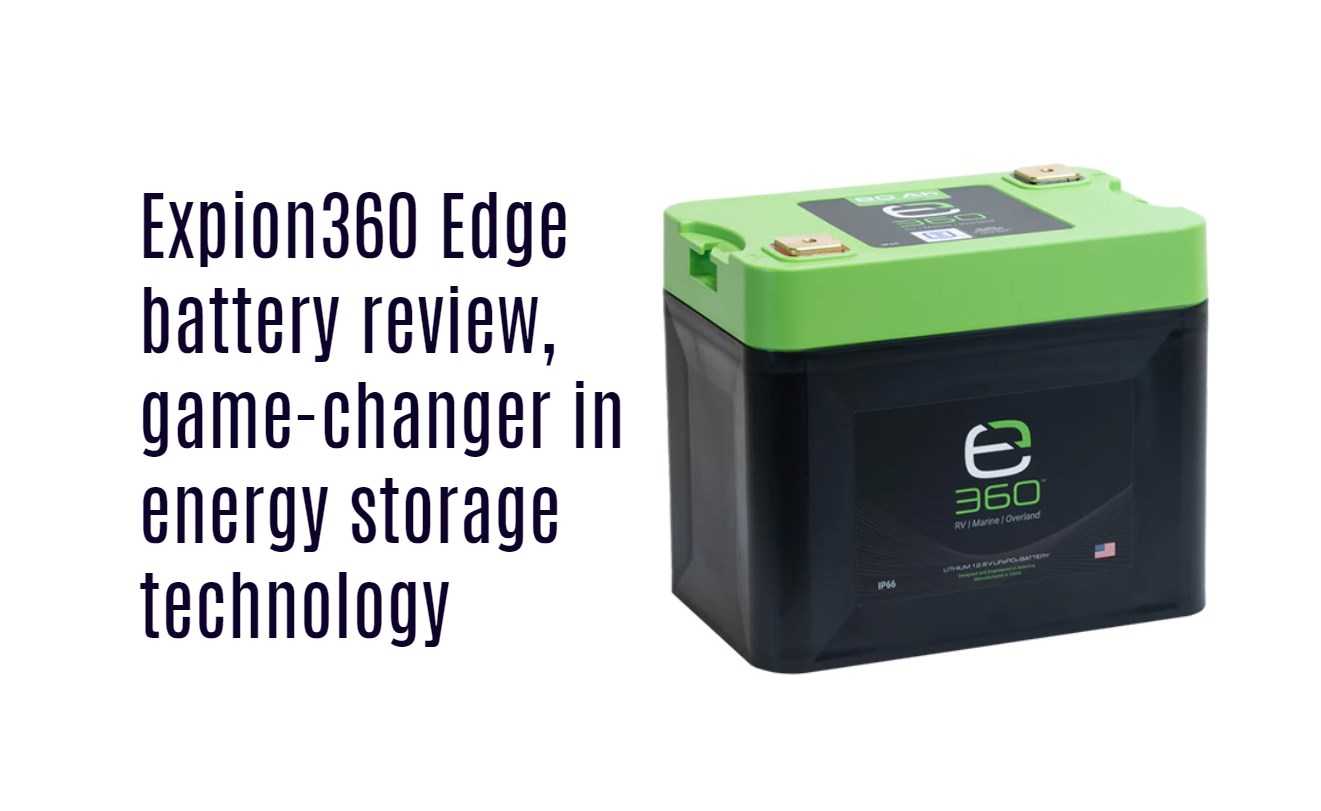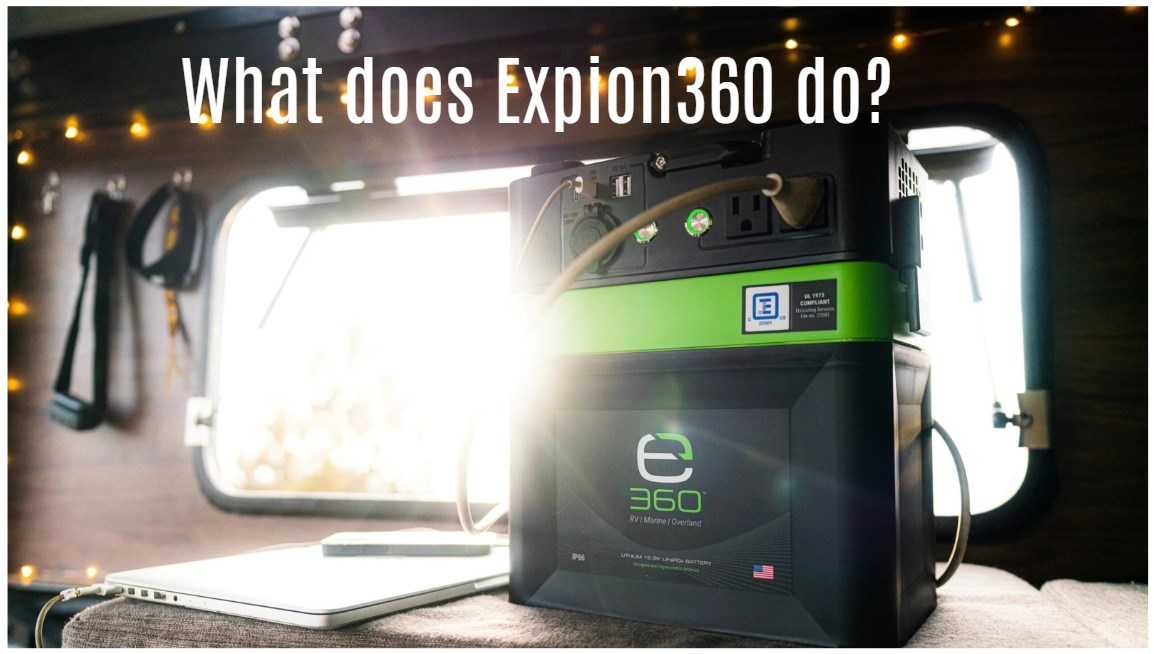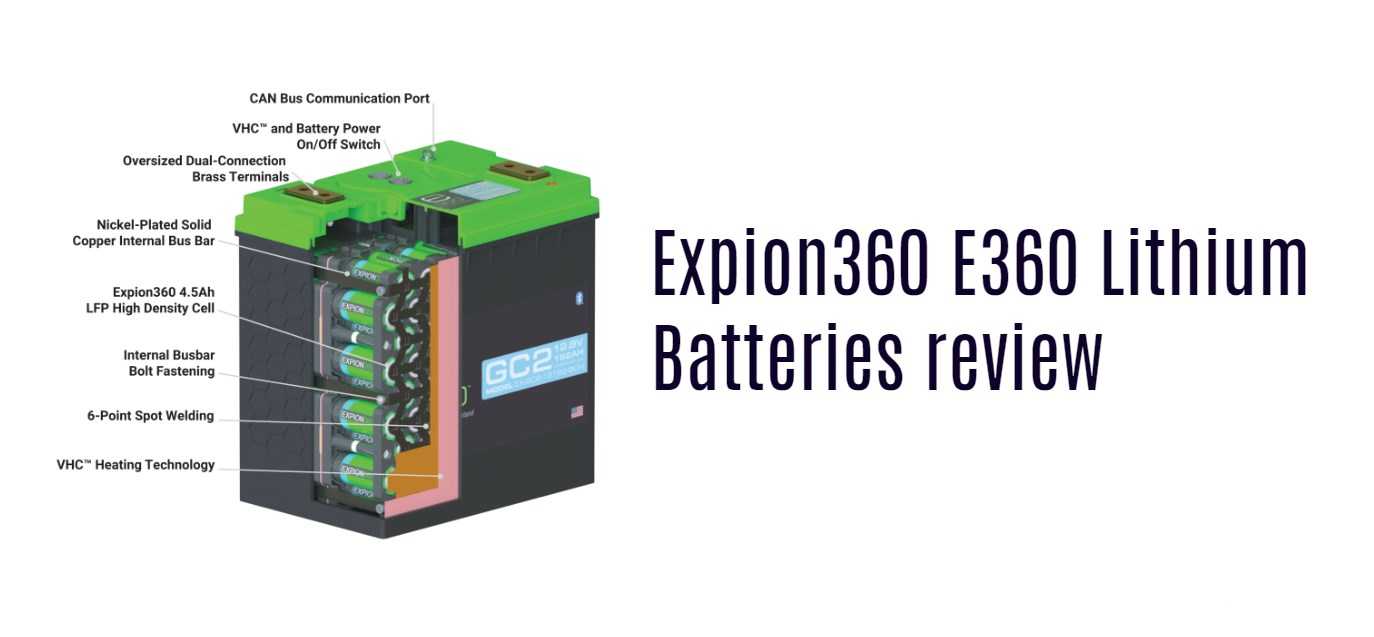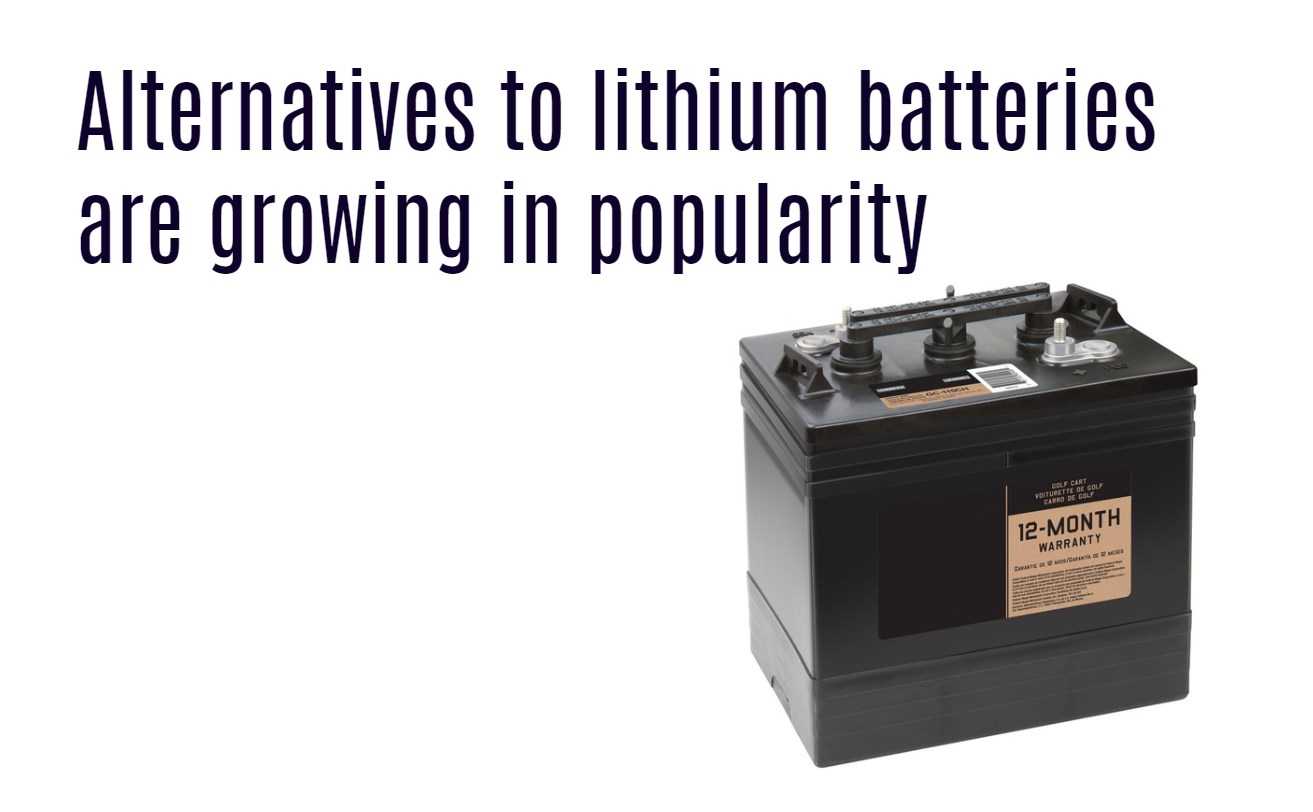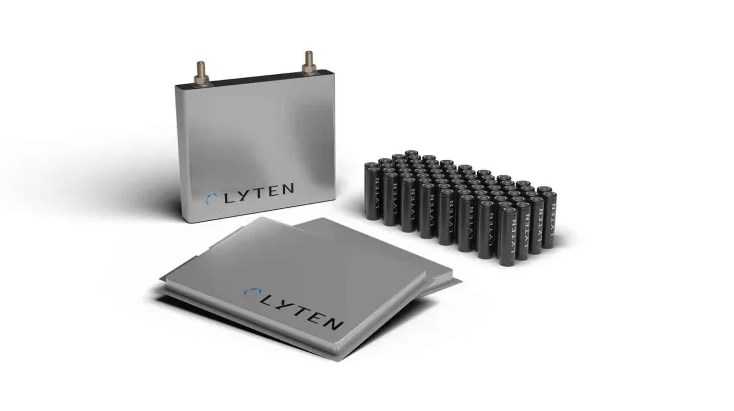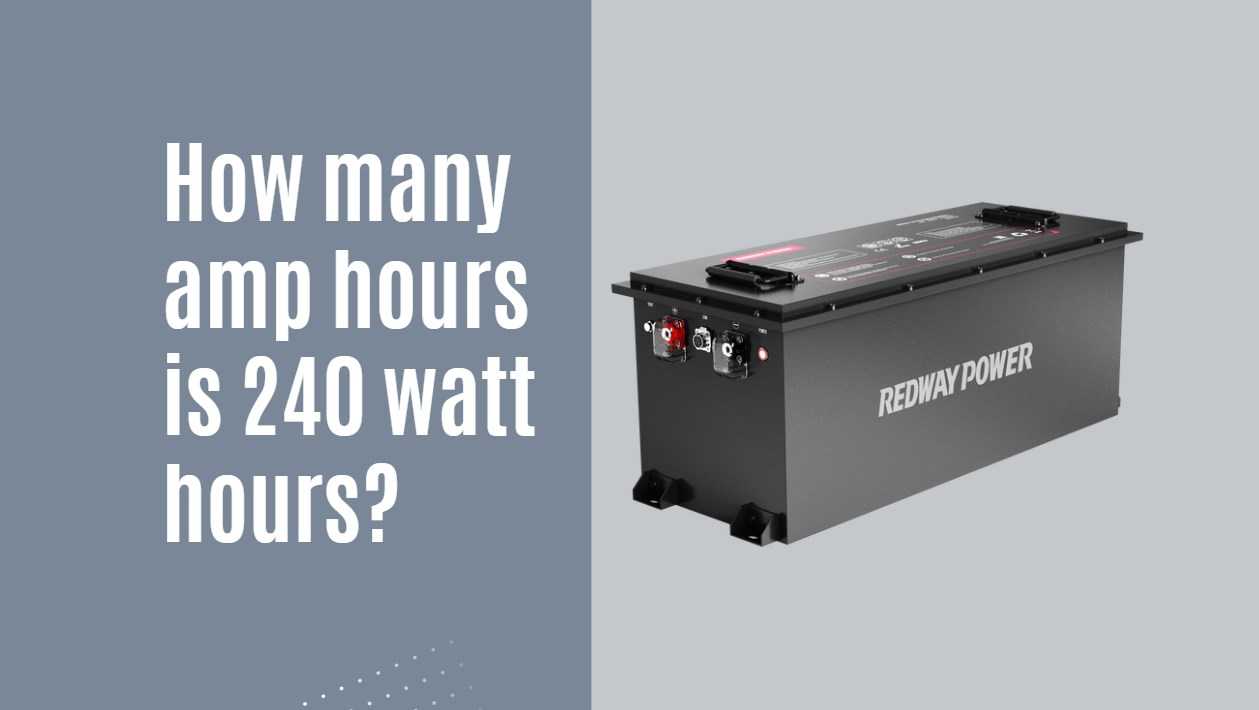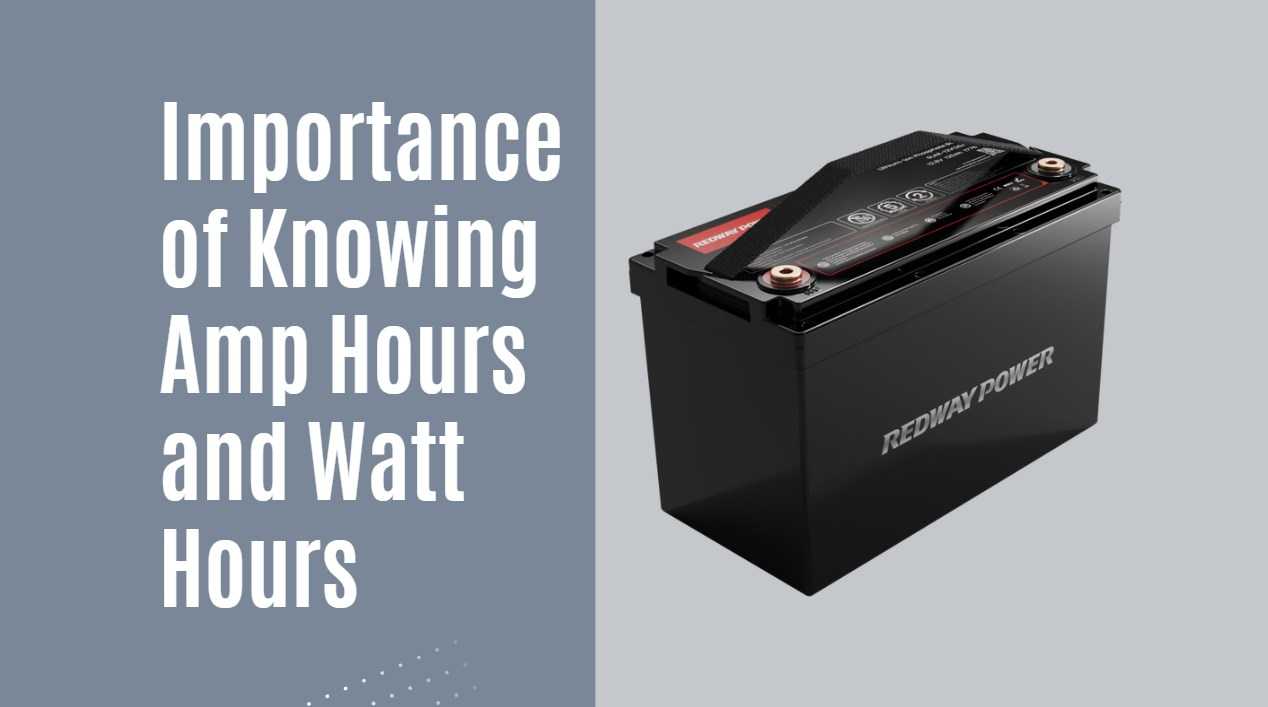How many kWh does a Powerwall use?
A Tesla Powerwall has an energy capacity of 13.5 kWh, meaning it can store up to 13.5 kilowatt-hours of electricity. This allows you to have a reliable backup power source during outages or high energy demand periods. With its energy storage capabilities, the Powerwall provides a sustainable and efficient solution for residential energy needs.
Understanding the Powerwall and Its Purpose
The Tesla Powerwall is a rechargeable battery designed for residential energy storage. Its purpose is to provide backup power during outages and store excess energy from solar panels for later use. The Powerwall promotes energy independence, reduces reliance on the grid, and contributes to the adoption of clean energy sources.
- Backup Power: The Powerwall provides backup power during outages, ensuring uninterrupted electricity supply for residential properties.
- Energy Storage: It stores excess energy generated from solar panels, allowing homeowners to use renewable energy during peak demand periods or at night.
- Energy Independence: The Powerwall reduces reliance on the grid, promoting energy independence and reducing electricity costs.
The Tesla Powerwall serves the purpose of providing backup power during outages and storing excess energy for residential use. By utilizing the Powerwall, homeowners can increase energy independence, reduce reliance on the grid, and contribute to a more sustainable energy future.
The Benefits of Owning a Powerwall
Owning a Tesla Powerwall brings numerous benefits. It provides backup power, reduces reliance on the grid, and promotes the use of clean energy. With the ability to store excess energy from solar panels, the Powerwall increases energy independence and reduces electricity costs for homeowners.
- Backup Power: The Powerwall provides backup power during outages, ensuring uninterrupted electricity supply for homes.
- Energy Independence: By reducing reliance on the grid, the Powerwall promotes energy independence and reduces electricity costs.
- Clean Energy Promotion: The Powerwall encourages the use of clean energy sources by storing excess energy generated from solar panels.
Owning a Tesla Powerwall enhances residential energy usage by providing backup power, promoting energy independence, and supporting the use of clean energy sources. With its ability to store excess energy, the Powerwall contributes to a sustainable and cost-effective approach to residential energy consumption.
Factors Affecting the kWh Usage of a Powerwall
The kWh usage of a Powerwall is influenced by various factors. It depends on the appliances and items being used in a home and the duration of their usage. Additionally, factors like climate, home orientation, and energy consumption patterns can affect the overall kWh usage of a Powerwall.
- Appliance Usage: The type and duration of appliance usage in a home can impact the kWh usage of a Powerwall.
- Climate Conditions: Climate factors, such as temperature and weather patterns, can affect the overall energy consumption and usage of a Powerwall.
- Energy Consumption Patterns: The energy consumption patterns of a household, including peak demand periods and usage habits, can influence the kWh usage of a Powerwall.
The kWh usage of a Powerwall is influenced by factors such as appliance usage, climate conditions, and energy consumption patterns. By understanding these factors, homeowners can optimize the usage of their Powerwall and make informed decisions about their energy consumption.
How to Calculate Your Powerwall’s kWh Usage
To calculate your Powerwall’s kWh usage, determine your house’s power consumption over a 24-hour period. Multiply this figure by the desired number of days you want your house to operate off-grid. This calculation will provide an estimate of the Powerwall’s kWh usage, helping you understand its energy consumption and plan accordingly.
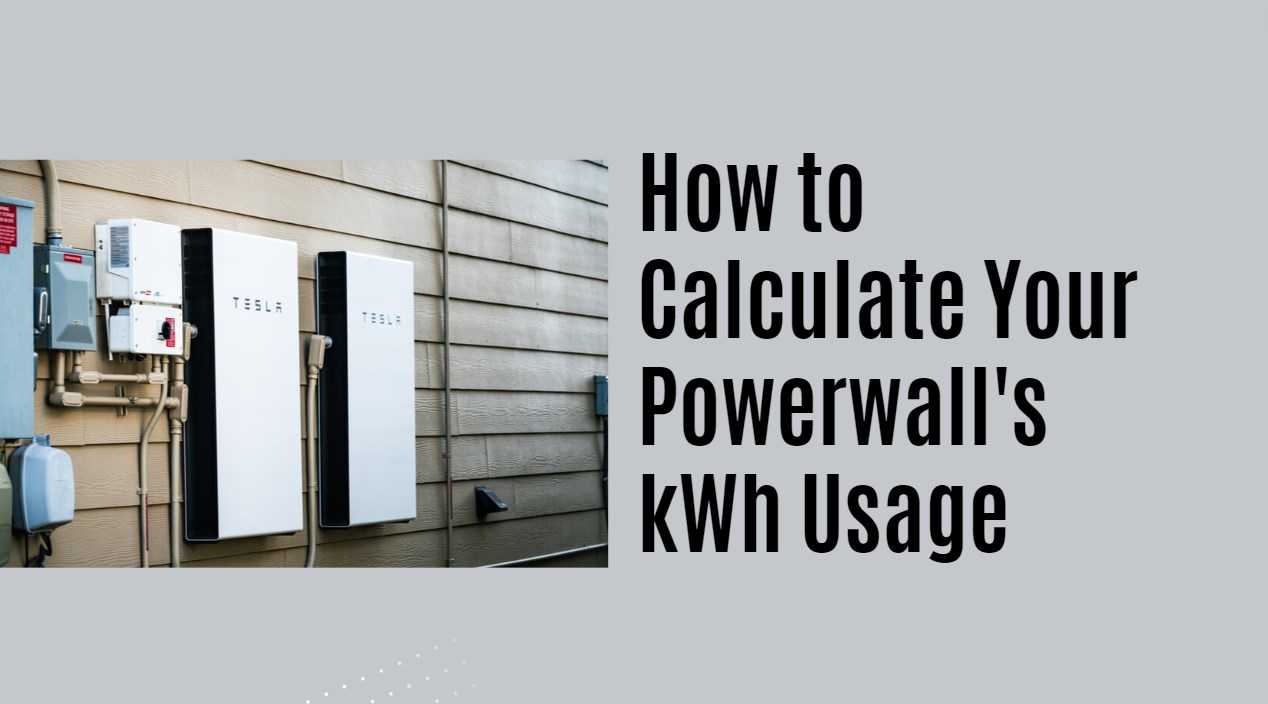
- Power Consumption Analysis: Determine the power consumption of your house over a 24-hour period by considering the energy usage of appliances and devices.
- Off-Grid Operation: Multiply the power consumption by the desired number of days you want your house to operate off-grid.
- Estimating kWh Usage: The result of this calculation provides an estimate of the Powerwall’s kWh usage, helping you understand its energy consumption and plan accordingly.
Calculating the kWh usage of a Powerwall involves analyzing the power consumption of your house and multiplying it by the desired off-grid operation period. This calculation helps in estimating the Powerwall’s energy usage and assists in managing energy effectively. By understanding the kWh usage, homeowners can optimize their energy consumption and make informed decisions about their power needs.
Tips for Maximizing Your Powerwall’s Efficiency
Maximizing your Powerwall’s efficiency involves implementing a few key tips. Turn off non-essential electronic devices, manage your HVAC system usage, and ensure the area around your Powerwall is clean and free from obstructions. These practices can help optimize energy usage and make the most of your Powerwall’s capabilities.
- Manage Electronic Devices: Turn off non-essential electronic devices to reduce energy consumption.
- Optimize HVAC Usage: Manage your HVAC system usage to avoid unnecessary energy usage.
- Ensure Clean Environment: Keep the area around your Powerwall clean and free from obstructions for proper airflow and performance.
By implementing these tips, you can maximize the efficiency of your Powerwall, optimize energy usage, and make the most of its capabilities. Improving the efficiency of your Powerwall contributes to a more sustainable and cost-effective energy solution for your home.
Powerwall’s Alternative Energy Storage Options
Looking for alternative energy storage options to the Powerwall? Consider Enphase, LG Energy Storage Systems, Generac Pwrcell, Panasonic EverVolt battery, and Fortress eVault Max. These alternatives provide diverse features and capabilities to meet various energy storage requirements.
- Enphase: Offers seamless integration with solar panel systems, enabling homeowners to store surplus solar energy.
- LG Energy Storage Systems: Provides reliable energy storage solutions for residential applications.
- Generac Pwrcell: Offers advanced energy storage technology for backup power and energy management.
- Panasonic EverVolt battery: Provides efficient and durable energy storage solutions for residential and commercial use.
- Fortress eVault Max: Offers robust energy storage capabilities for residential and commercial applications.
Exploring alternative energy storage options to the Powerwall opens up a range of possibilities. Enphase, LG Energy Storage Systems, Generac Pwrcell, Panasonic EverVolt battery, and Fortress eVault Max are some options worth considering. These alternatives provide reliable and efficient energy storage solutions to meet diverse energy needs.

